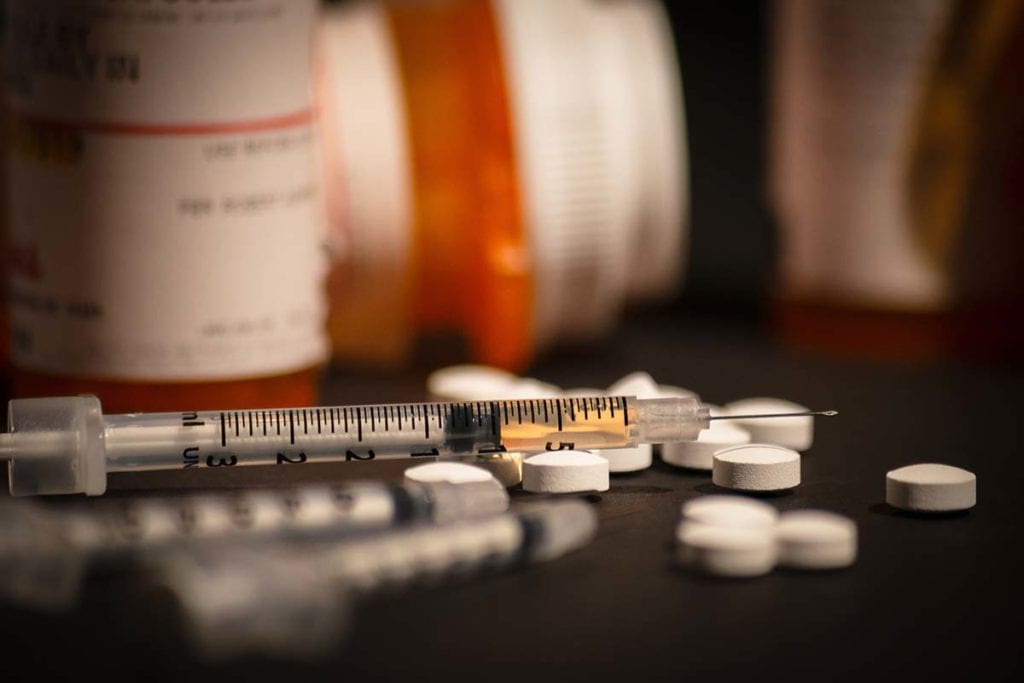You may see these terms discussed often. What is the difference? Is there one that matters? The difference between opiate and opioid is good to know. However, it’s also critical to recognize that if you are using either form and have an addiction to it, you need treatment. At Washburn House, we can help provide you with that treatment on a general level.
So, What’s the Difference Between Opiate and Opioid Drugs?
Opioids is a term that refers to any drug that interacts with and changes the function of the opioid receptors in the brain. This area of the brain is responsible for many aspects of the way you feel. For example, it is an area that controls pain. Since many opioids are painkilling medications, it makes sense that they would change the function of the brain’s receptors, reducing the pain sensation.
They can do much more, too. For example, opioids also control the pleasure areas of the brain. Pleasurable experiences stimulate this area of the brain. Using opioids of any type can create that sense of high that many people addicted to the drug seek. Also, opioid receptors are where addiction forms. This area of the brain controls the addictive behaviors of all types.
The difference between opiate and opioid is just minor. All types of opiates are a form of opioids – that is a broad term that lumps all together. However, opiates are a specific group of the drug. Opiates refers to any of the drugs extracted from the opium poppy plant. These are, then, natural types of drugs. This category can include heroin and codeine, for example. The difference here, then, is that opioids include synthetic drugs as well.
Are Both Addictive?
Addiction is possible in all types of opioids, including opiates. Just because opiates are natural does not make them less addictive, less detrimental to your health, or okay to take outside of a doctor’s recommendation. Many people will experience opiate-related overdoses as well.
What Should You Do If You Have an Addiction to Opioids?
At Washburn House, we offer a wide range of addiction treatment programs designed to help you to overcome opiate or opioid addiction. These programs may include:
- Medically monitored detox
- Partial hospitalization care
- Inpatient rehab treatment
- Intensive outpatient rehab
- Extended care programs
- Dual diagnosis treatment
Which Treatment is Right for You?
That depends on many factors. Maybe, you have been using opioids for a long time, or you have had an overdose recently. In these cases, it may be essential for you to seek out detox as a first step. This process helps your body to rid itself of the chemical and allows for the brain’s opioid receptors to learn how to function again without the drug. However, this process can be uncomfortable and, in some cases, create health risks. For that reason, we encourage you to work with our team in our medically monitored detox program.
Many people leave detox and enter into inpatient treatment. This treatment can take a few weeks to a few months. It provides you with round-the-clock care in a comfortable environment. Other people may be able to use just outpatient care, though, for most opioid addictions, that does not put you on course to the best long-term rehabilitation.
Because opioid addiction can be so hard to stop on your own, we encourage you to seek out the care you need from Washburn House. You will receive a customized treatment plan designed to meet each one of your unique needs. Take back your life through our comprehensive programs, including aftercare support and family therapy.
No Matter the Difference Between Opiate and Opioid Drugs, Get Treatment
The difference between opiate and opioid can be confusing. Yet, most people using either form will need to seek care from a licensed and comprehensive addiction treatment program. At Washburn House, we can help you to detox and get long-term care. Contact our dedicated counselors at 855.298.3104 to learn more about your treatment options.

